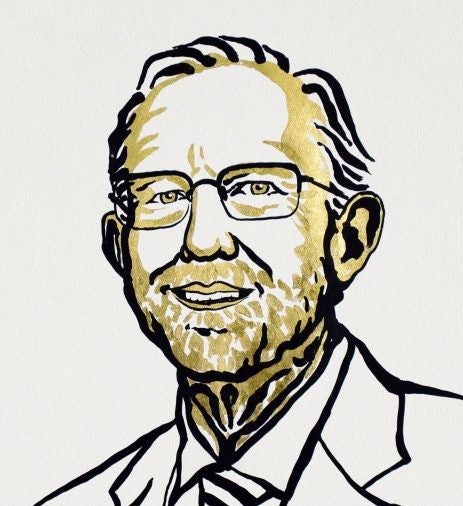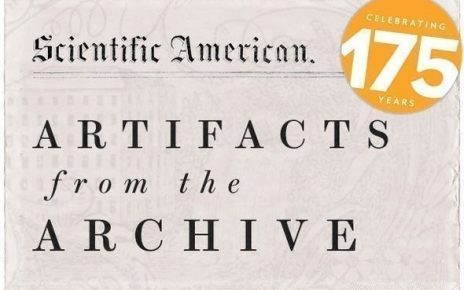“I guess we’re in the middle of a sort of a major virology education.”
Charles Rice, of the Rockefeller University in New York City.
“I think that, you know, the field has definitely changed, you know, since the days when I was a graduate student. And I think one of the things that is very reassuring now is really the global response to this pandemic in the sort of academic and clinical and, you know, sort of pharma communities. The rate of progress.”
Earlier today, October 5th, 2020, Rice was informed that he had won the Nobel Prize in Physiology or Medicine for the discovery of the virus that causes hepatitis C. The identification of the virus has led to tests and treatments for the condition. Rice shared the prize with Harvey Alter of the National Institutes of Health and Michael Houghton of the University of Alberta.
“It took us months and months of toil to sequence a single viral genome. Now people can do that in a matter of hours. And the rate at which people have been able to make progress on understanding SARS–CoV–2 and COVID-19 is just spectacular.”
Rice spoke this morning on a web press conference from Rockefeller University.
“So I think it’s taught us a lot of things about science in general. If there’s really a pressing problem we mobilize people all around the world to sort of work on these problems. Really great progress can be made. People would love to have a cure in a week or a vaccine in a week. I mean, that’s not feasible, but the speed with which good therapeutics and vaccines will be developed for SARS–CoV–2 to prevent COVID-19 is going to be spectacular.
“And it’s really sort of changing the way that science is done to really make it more of a community effort rather than something that many years ago might have been pursued by a few labs in isolation. So I think young virologists today just have this amazing collection of tools and capabilities to understand what’s going on in virus biology and the host response at a level that was just never before possible.
“I’m very optimistic on the future of this and I do hope that maybe the success with hepatitis C and what I would predict the sort of eventual success and getting a handle on the current coronavirus pandemic that we face will sort of encourage us to not only recruit more virologists, but also just encourage people to study these little troublemakers, because you never know when they’re gonna pop up and cause trouble. So it’s worth a small investment.”
—Steve Mirsky
(The above text is a transcript of this podcast)



